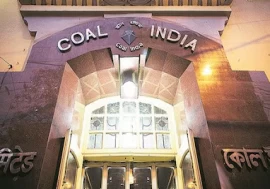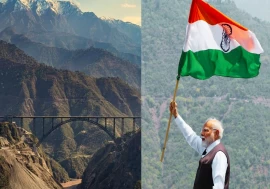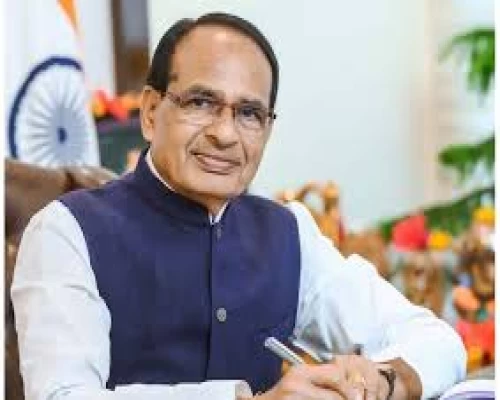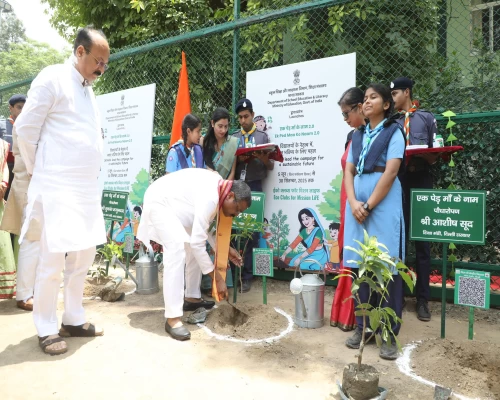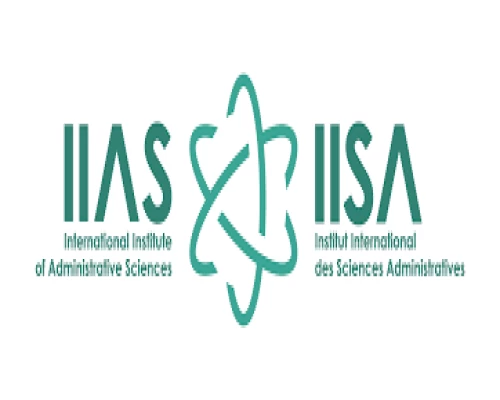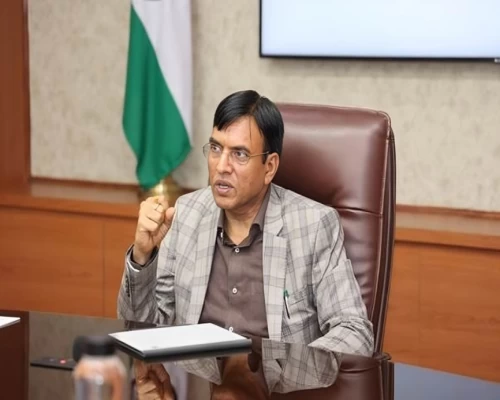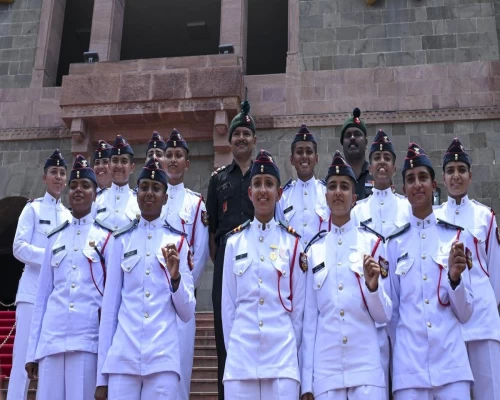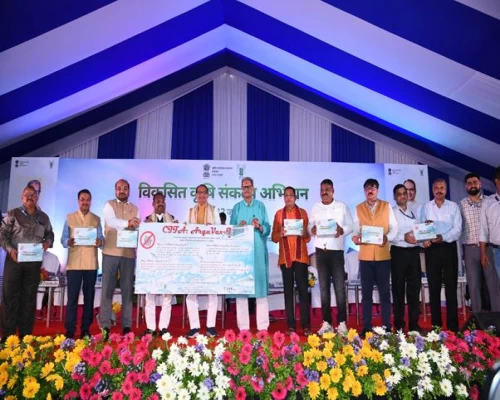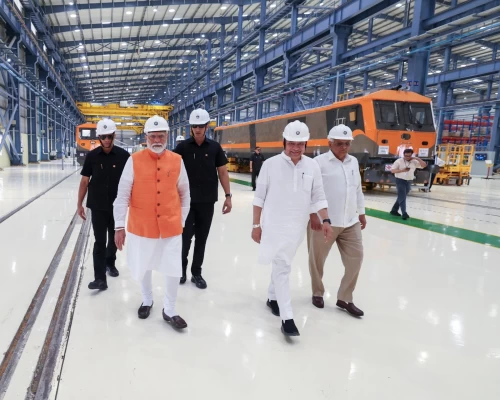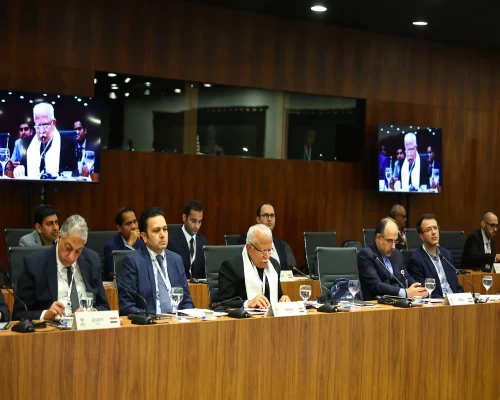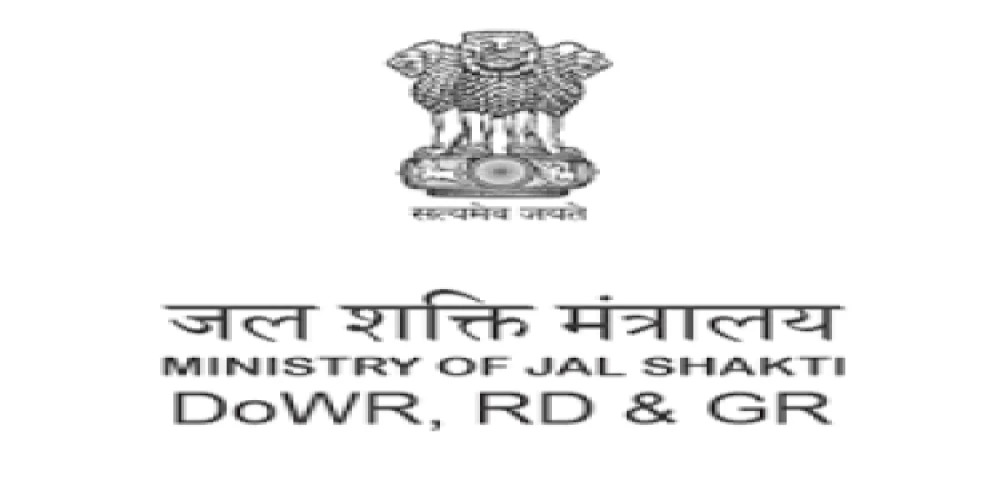
New Delhi: In order to achieve the objectives of the Swachh Bharat Mission-Gramin (SBM-G), it is imperative to have tailor-made solutions targeting the local villages and districts as the ‘one-size-fits-all’ strategy will not work, said Vini Mahajan, Secretary, Department of Drinking Water and Sanitation, Ministry of Jal Shakti.
“We need to understand that as India is a huge country, the issues are diverse. The solutions have to be tailored not only to the local geography and geology but also have to take into account the culture, practices and habits. Therefore, the solutions must be unique and scalable and should be adopted by other villages which are in a similar situation,” she added.
Addressing the launch of the ‘Lighthouse’ Workshop, organized by the FICCI-India Sanitation Coalition (ISC) recently here, Mahajan emphasized that India is standing at the cusp of transformative change with a huge opportunity for all of us to transform rural India. “We are already working in this direction, and we believe in it for a very good reason,” she added.
The Secretary further stated that India has been working on making the country open defecation free along with other sanitation-related issues for decades. “All of us working in this sector clearly understand that there are no full stops to these efforts, but it is an ongoing process,” she said.
Sunil Kumar, Secretary, Union Ministry of Panchayati Raj, said that so far, we have been working with the departmental framework including the centre, the states and the districts. This needs to change so that a collector at the district level is not looked upon as a one-stop solution. “We have now laid the foundation for a strong local government unit to make our villages clean and green,” he added.
Kumar further stated that the government in collaboration with the India Sanitation Coalition and the corporate sector is taking up initiatives to make 75 lighthouse blocks, and all of these would require various strategies and models. He reiterated that people are ready to pay for the services if they are assured of getting good services delivered to them, even in rural areas.
Kumar stated that we must raise the awareness level of not just the departmental functionaries and panchayats, but also of the end-users. If there is complete clarity on these, then we will find that the issue of sustainability will be addressed to a large extent. He said that the government has adopted 9 themes and all the panchayats in India should work around these themes which will lead to poverty-free and healthy villages; child-friendly villages; water sufficient villages; clean and green villages; etc.
Arun Baroka, Special Secretary, Department of Drinking Water and Sanitation, Ministry of Jal Shakti, Government of India, said, “Private sector had played a critical role in making India ODF and it is incumbent upon them to support the ODF Plus Mission. The ODF Plus mission is a reflection of the Government of India's commitment to improve the quality of life of rural people and of its working paradigm – Sabka Saath, Sabka Vikas and Sabka Prayas.” /BI/


